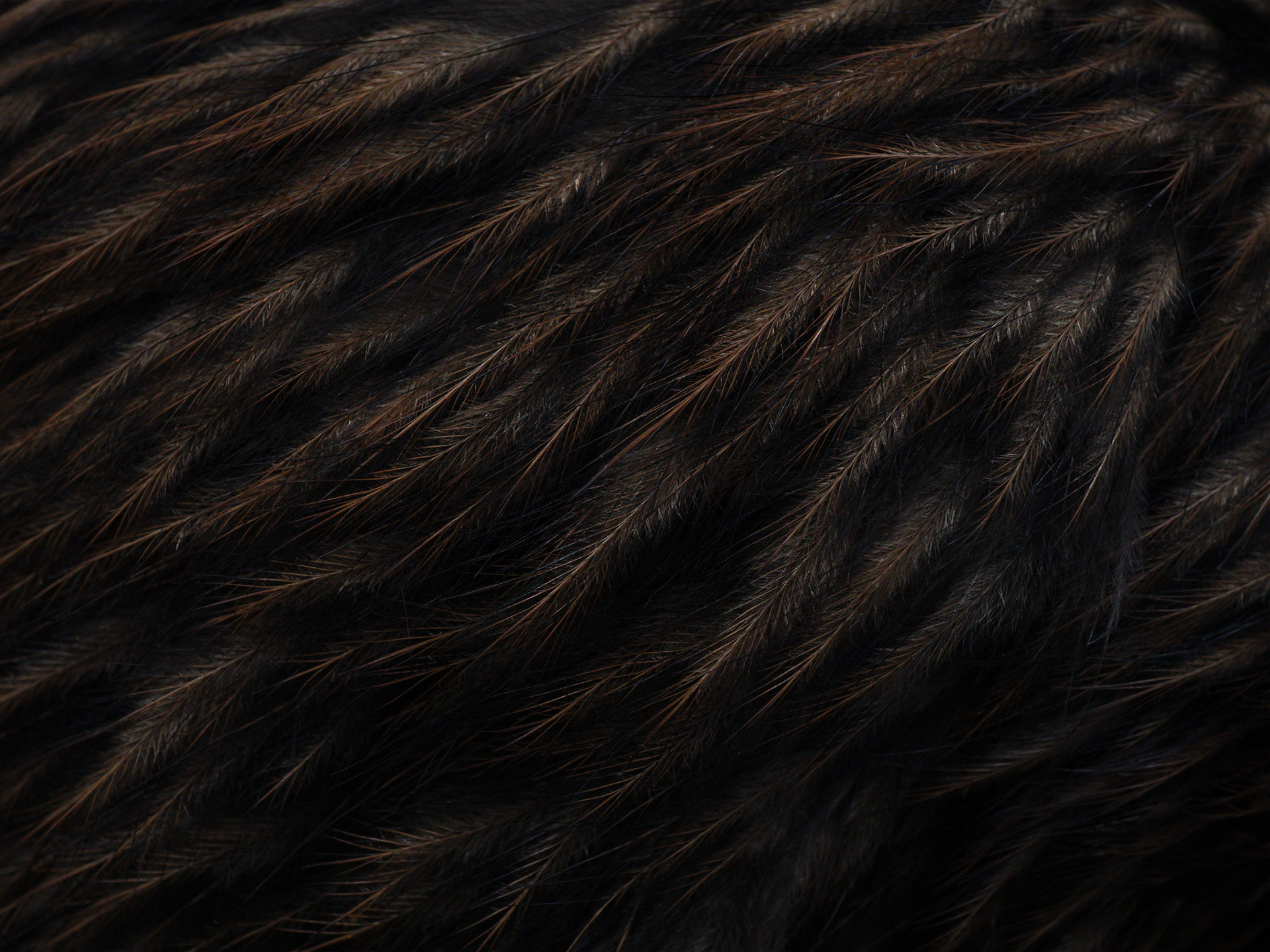Having spent eight weeks regaining weight, waterproofing and practising her swimming prowess, a little blue penguin was for released this morning at Himatangi Beach.
Found on a Whanganui beach, the penguin was sent to Wanganui Bird Rescue, where wildlife rehabilitator Dawne Morton provided first aid before sending her on to Massey University’s Wildbase Hospital. The penguin was lucky to be alive. While blood tests, x-rays and samples indicated there was nothing medically wrong, it was starved and emaciated, weighing a mere 543 grams.
Wildbase Hospital staff slowly reintroduced food, until the penguin was readily eating salmon, which is kindly donated by Wildbase supporters King Salmon. Once back to her optimum body weight, the penguin was given daily swims in a shallow, free-flowing water pool, where she worked on her waterproofing. Her fitness was then tested in deeper pools. Two months later and a healthy 900gms, she was considered fit for release back into the wild.
Wildbase veterinarian Dr Kerri Morgan says whenever possible wildlife are returned to the same location they were found. “But there are no known local little blue penguin colonies at Whanganui, so we suspect she may have been a bit off course. We’ve erred on the side of caution and decided to release her at Himatangi, where there is an existing population.”
“Releases are done early in the morning to allow the bird time to orientate itself with the area, and hopefully find friends and a place to sleep for the night,” Dr Morgan says. “Weather conditions must be right too. We do our best to eliminate any further stress.”
Rangitikei MP and Wildbase Recovery Community Trust ambassador Ian McKelvie joined the release team. Wildbase Recovery Community Trust is a charitable trust tasked with raising funds that will be granted to Palmerston North City Council for the sole purpose of building, operating and maintaining a community funded wildlife recovery centre in Palmerston North’s Victoria Esplanade. In a unique collaboration, Wildbase Recovery will be built and owned by Palmerston North City Council and co-managed by Massey University’s veterinary school.
“The little blue penguin’s release was the most exciting thing I’ve done since my time in the public eye,” says Mr McKelvie. “Combining Massey University’s expertise with the rest of our community, Wildbase Recovery is well placed to take all the things we are good at in our region and lead the rehabilitation and conservation of New Zealand’s native species.”
It’s patients like this little blue penguin who will most benefit Wildbase Recovery, which will include three aviaries with 16m2 recovery pools for ocean, shore, and wetland birds. The pools are specifically designed to help injured and sick seabirds to regain their strength and regrow their waterproofing feathers.
Little blue penguins are the world’s smallest penguin, standing at just 25cm. While found throughout New Zealand, they come ashore only at night to live in underground burrows, which means they are rarely seen. Their population has been declining, and their status is “near threatened”. The biggest threat to their survival is predators such as unleashed dogs.
Watch the little blue penguin’s release here.
And read the Manawatu Standard’s coverage here.
